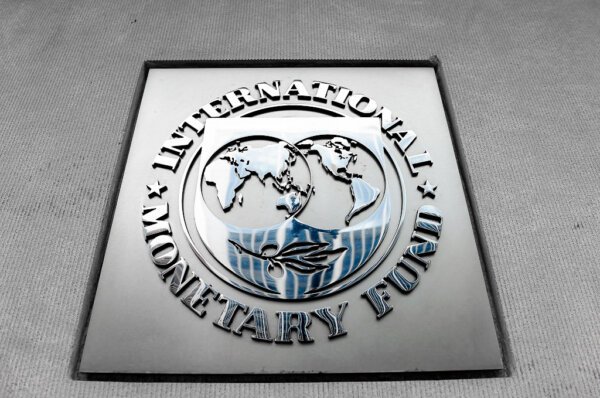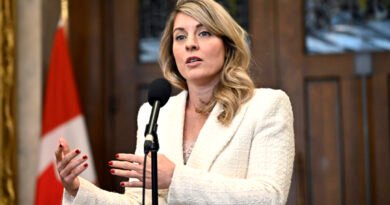IMF Urges UK to Address Mounting Debt as a Matter of Urgency
The IMF has cautioned that fiscal policy tends to be more relaxed during election years as governments aim to increase voter support by announcing tax cuts.
The International Monetary Fund (IMF) has highlighted the urgent need to reduce the UK public debt, indicating that certain recent government policies could worsen its trajectory in the medium term.
Comprised of 190 member countries, the IMF released its Fiscal Monitor outlook on Wednesday. Addressing the state of public debt in advanced economies, the IMF urged the UK to tackle “fundamental imbalances” between its expenditures and revenues.
The report noted that while recent cuts to national insurance contributions were “part-funded by well-conceived revenue raising measures,” they may exacerbate the UK national debt situation.
Forecasts from the IMF suggest that global debt could rise to nearly 100 percent of GDP by 2029, with China, Italy, the UK, and the United States leading the trend. The UK’s general government debt, currently at 100 percent of GDP, is projected to reach 110 percent by 2029.
To avoid future spikes in national debt, the IMF emphasized the need for the UK to refrain from loosening fiscal policy.
The IMF cautioned that during election years, when many countries are holding elections, the “risks of fiscal slippages are particularly acute.”
“Empirical evidence reveals that fiscal policy tends to be looser and slippages larger during election years due to a ‘political budget cycle,'” the report stated.
Tax Cuts
Chancellor Jeremy Hunt informed the Financial Times on Tuesday that the government aims to reduce taxes “if we can.”
“It’s something we’d like to do if we can. But it’s not something that we can possibly know whether it will be possible at this stage,” the chancellor stated, adding that tax decisions will be made “responsibly.”
In their pursuit of tax cuts in an election year, the government faces a dilemma. Cutting taxes could be crucial for the Conservative Party to boost its poll numbers, but it would also contradict the advice of institutions like the IMF.
In the Fiscal Monitor report, the IMF cautioned that postponing consolidation could result in future crises and “more challenging fiscal adjustments.” Implementing fiscal restraint in the short term could also help slow down inflation, the report added.
Unfunded Policies
During Prime Minister’s Questions (PMQs) on Wednesday, a spokesperson for Prime Minister Rishi Sunak confirmed the government’s plans for several fiscal events.
The government has not set a specific timeline for completely eliminating national insurance contributions—a policy that has been questioned by the opposition.
Labour leader Sir Keir Starmer criticized the “£46 billion promise” to scrap national insurance as “completely unfunded.” During PMQs, he inquired about how the government planned to finance it and whether the funds would come from NHS and state pension budgets.
“Mr. Sunak has previously stated that this commitment will be fulfilled without increasing borrowing or cutting spending,” noted Mr. Sunak’s spokesperson.
Labour’s national campaign coordinator, Pat McFadden, called on the prime minister to “come clean” and stop dodging the question of how the government would afford tax cuts.
The concerns raised by the IMF about unfunded policies and their impact on fiscal stability are particularly pertinent in Britain’s case.
PA Media contributed to this report.





